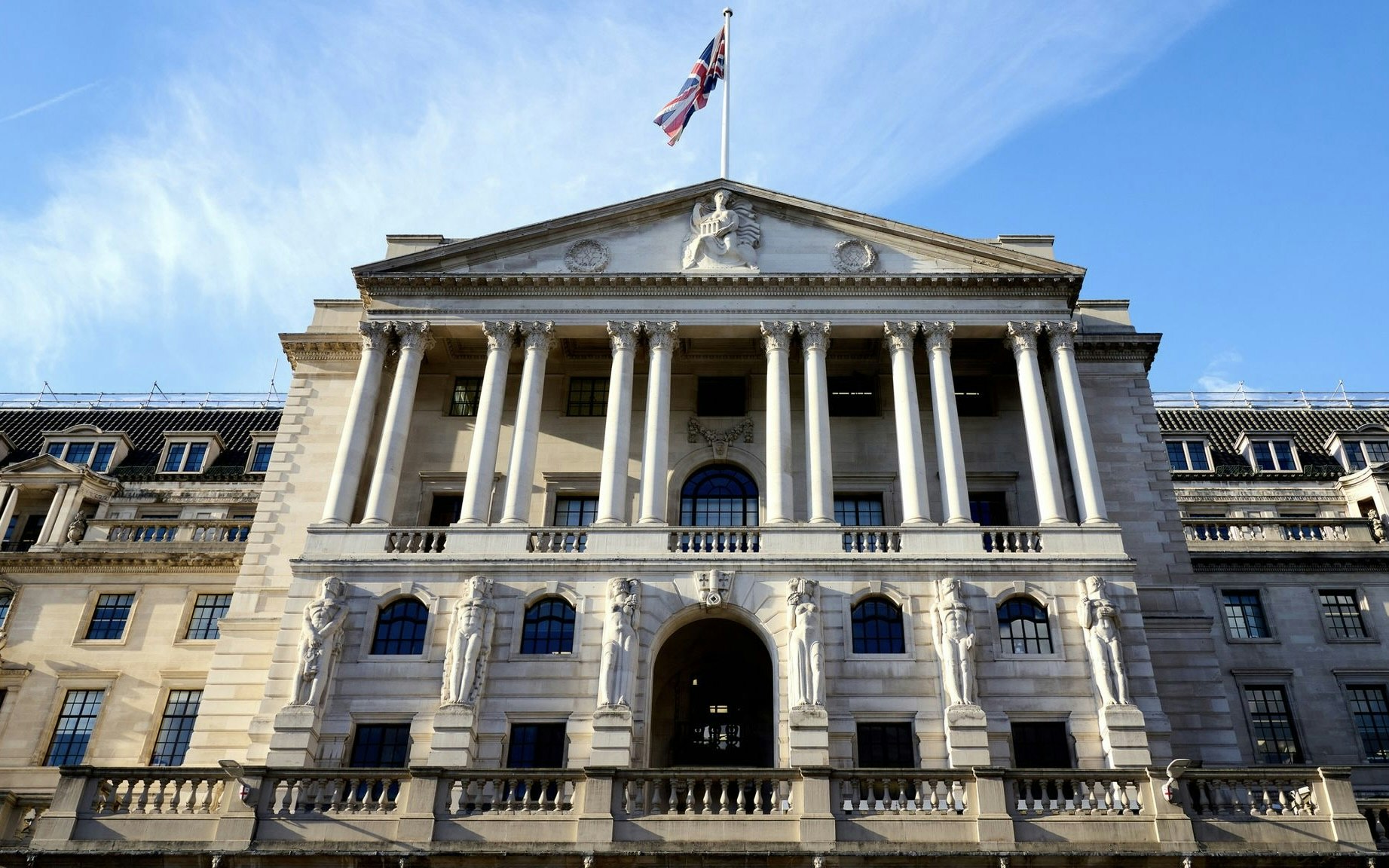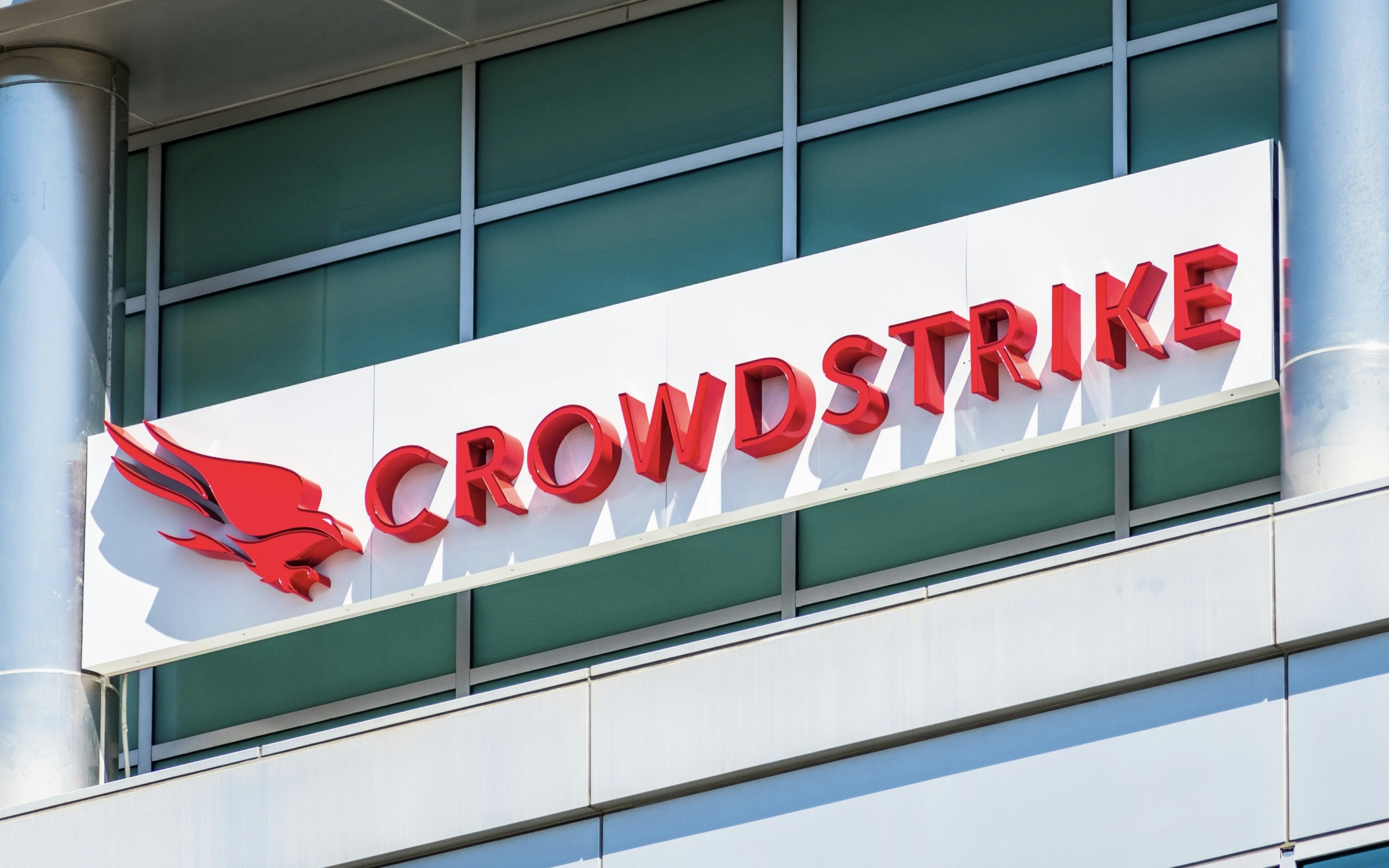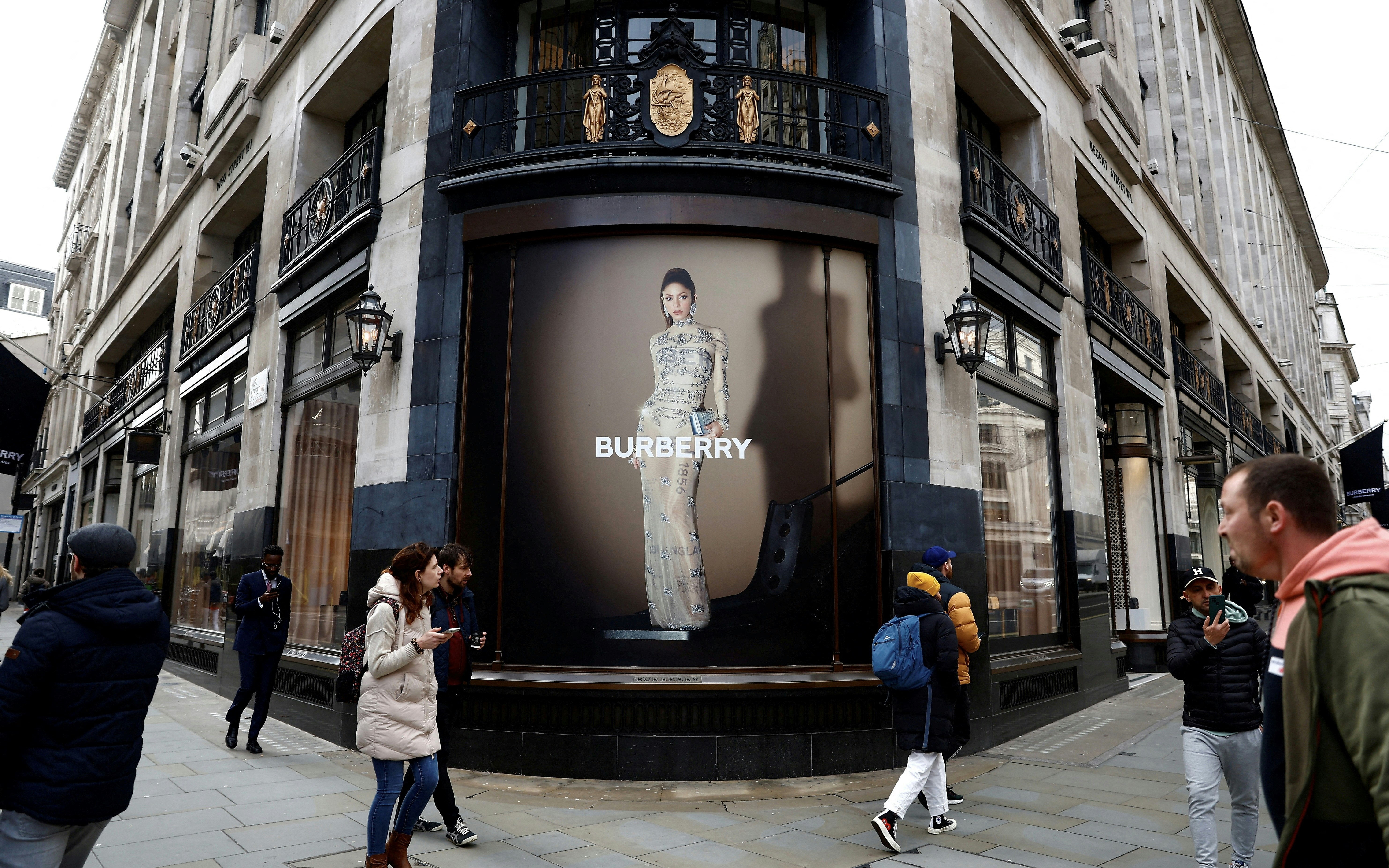Economics
Inflation in the United Kingdom falls to target level
The core inflation rate, excluding volatile energy and food prices, stood at 3.5% in May – slightly higher than expected.

The core inflation rate, which excludes volatile energy and food prices, stood at 3.5% in May, slightly above expectations.
Inflation in the United Kingdom fell to the Bank of England's (BOE) target in May, increasing the likelihood of an interest rate cut in the coming months. This presents a rare positive economic news for Prime Minister Rishi Sunak, just before the elections next month.
The consumer prices were 2.0% higher than in the same month of the year 2023, cooler than the 2.3% recorded in April and marking the fourth decline in as many months, as the Office for National Statistics reported on Wednesday.
It is the first time since July 2021 that inflation has reached the BOE's 2% target, before many of the restrictions imposed during the Covid-19 pandemic were lifted and the increase in energy prices was triggered by Russia's large-scale invasion of Ukraine.
While the decline in inflation since mid-2023 is primarily due to falling energy prices on global markets, BOE policymakers fear that if these stabilize, overall inflation will be driven by prices that mainly respond to domestic pressures, including sharply rising wages.
The service inflation rate was 5.7%, declining only slightly from 5.9% in April. The core inflation rate, which excludes volatile energy and food prices, was 3.5% compared to the 3.4% expected by economists.
Sure, here is the translation of the given heading to English:
"The data will keep the central bank decision-makers vigilant before their next meeting on Thursday. Investors expect the key interest rate to remain at the current 16-year high of 5.25%, before being lowered later in the year if there are further signs that service prices are easing.
Martin Sartorius, chief economist at the Confederation of British Industry, sees the stage set for an interest rate cut in August, even though domestic price pressures – such as increased wage growth – are decreasing more slowly than overall inflation.
This means that they will proceed cautiously beyond August to avoid further upward pressure on inflation, especially as the domestic growth outlook improves and geopolitical tensions remain high," he added.
The BOE stated in May that, after the decline to 2%, it expects inflation to slightly increase again in the second half of the year. The European Central Bank also expects the return of inflation to its 2% target to be "bumpy," but was confident enough to lower its key interest rate on June 6.
In contrast, the chairman of the US Federal Reserve, Jerome Powell, offered little encouragement last week for the view that US interest rate cuts would come soon, and many investors do not expect any movement before December.
For British households, the declining inflation rates from a peak of 11.1% in October 2022 are good news, and as wages rise faster than prices, their purchasing power is increasing again.
The decision-makers have suspended public comments on the economy since May 22, when Prime Minister Sunak unexpectedly announced elections.
The Prime Minister has repeatedly emphasized during the election campaign that inflation has decreased. Nevertheless, his Conservative Party is significantly trailing behind the opposition Labour Party in the polls.









